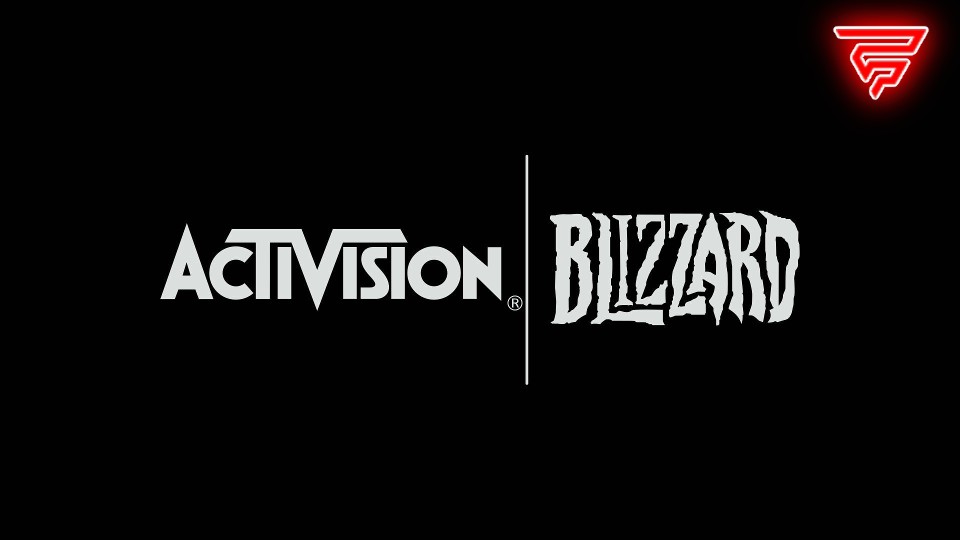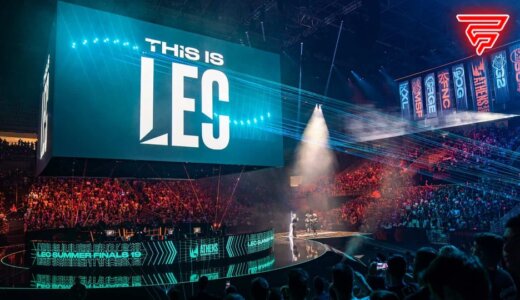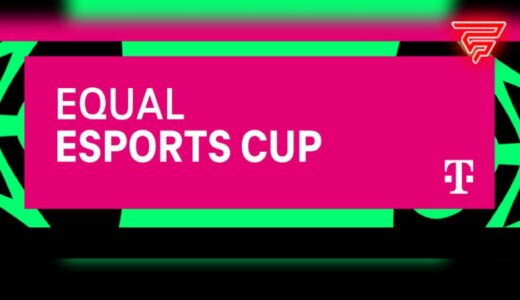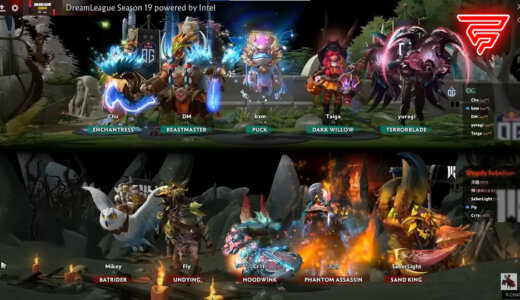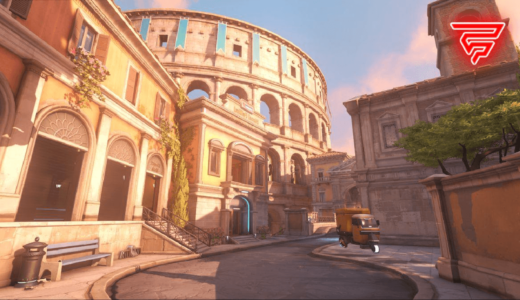The Justice Department in Washington has accused Activision Blizzard of illegally capping wages in the Call of Duty and Overwatch esports leagues by using a “tax” that penalized those teams that overearned.
Based in Santa Monica, California, Activision Blizzard is without doubt one of the most scandalous videogame publishers.
Again lawsuit against Activision Blizzard
On Monday, the US Justice Department filed an antitrust lawsuit against Activision Blizzard on Monday for illegally restricting the salary cap for teams in both — CDL and OWL. The US government simultaneously proposed a settlement agreement that would settle the dispute without an admission of guilt.
New: The DOJ sued Activision Blizzard over what it called "salary caps" for esports players in the Overwatch and Call of Duty leagues. Activision Blizzard agreed to a settlement. pic.twitter.com/sab6PcXavI
— Cecilia D'Anastasio (@cecianasta) April 3, 2023
The Justice Department claims the leagues have made “hundreds of millions” from franchise fees, sponsorships and a partnership with Disney. Activision reportedly charged a franchise price of $25 million per team slot.
Competition Equalization Tax
When Activision founded the leagues, the teams had to agree to what was called a competition equalization tax. This tax worked much like the salary cap at a traditional sports league. Teams were fined $1 for every dollar they spent on player salaries that exceeded a threshold set, with the proceeds being redistributed to other teams.
“While players in other professional sports leagues have agreed to pay caps as partof collective bargaining agreements, players in Activision’s esports leagues are not members of a union and have never negotiated or negotiated those rules,” the lawsuit states.
Esports Pro Salaries Restricted
The Justice Department claims that the tax not only hurts the highest-paid players but also depresses wages across the league.
Assistant Attorney General Jonathan Kanter said in a statement:
“Video games and esports are among the most popular and fastest growing forms of entertainment in the world today, and professional esports players – like all workers – deserve the benefits of competition for their services. Activision’s conduct has prevented that. Today’s lawsuit demonstrates the Antitrust Division’s continued commitment to protecting workers in all industries from anti-competitive behavior.”
This rule was discontinued in 2021 during the Justice Department investigation. JoeChristinat, a spokesman for Activision Blizzard, said the tax was never collected.
More lawsuits and scandals
The lawsuit was just the latest legal setback for the company, which has been in the spotlight for the last several years — and rarely for anything good.
In February, Activision agreed to pay $35 million in a settlement with the Securities and Exchange Commission for allegedly sweeping reports of workplace misconduct under the rug in order not to deter shareholders.
The company also continues to struggle with its bad reputation, as sexual harassment and discrimination were unfortunately commonplace for many women in its studios. Activision has also faced lawsuits from the California Department of Equal Employment and Housing and the US Equal Employment Opportunity Commission
Header: Activision Blizzard
